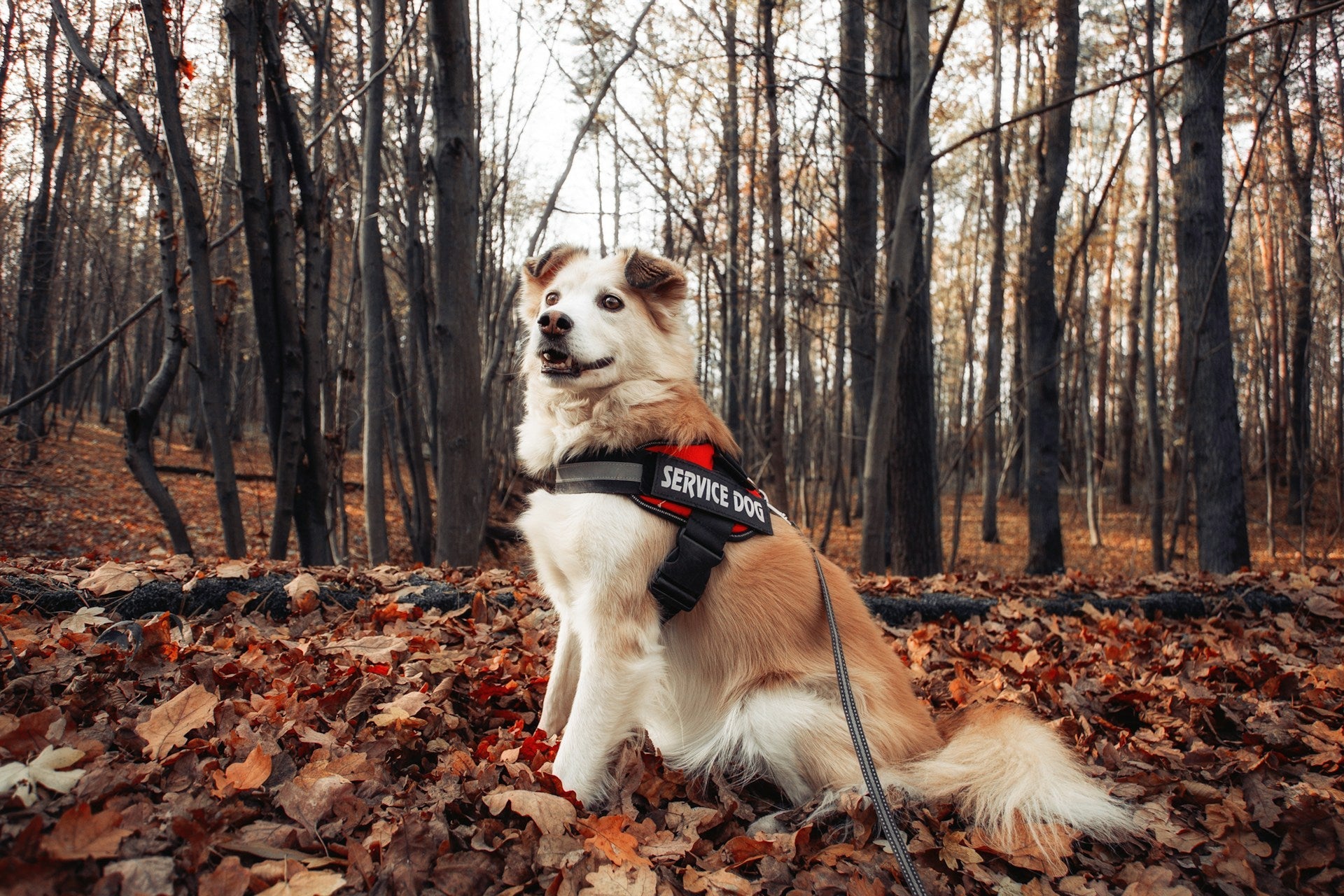Every dog owner has likely pondered the age-old question: "How many times a day should a dog poop?" While there's no single, definitive answer, understanding the factors influencing bowel movements and recognizing healthy stool can provide valuable insights into your dog's digestive health.
Factors Influencing Bowel Movement Frequency
Several key factors contribute to the variability in how often dogs defecate:
Age
With their rapid metabolisms and constantly growing bodies, puppies digest food quickly. This translates to frequent bowel movements, often several times a day. Their immature digestive systems also make them more susceptible to dietary upsets, further impacting stool consistency and frequency.
Most adult dogs establish a regular bowel pattern, typically ranging from once to twice daily. However, individual variations exist, and some may comfortably pass stool two or three times a day.
As dogs age, their digestive processes may slow down. This can lead to less frequent bowel movements, potentially even once a day or less.
Diet
Dietary fiber plays a crucial role in maintaining healthy digestion. High-fiber foods can increase stool bulk and frequency. Conversely, low-fiber diets may lead to harder, drier stools. Smaller, more frequent meals can stimulate more frequent bowel movements compared to one large meal per day.
Introducing new foods or switching between different brands can temporarily upset a dog's digestive system, leading to changes in stool consistency and frequency.
Just like humans, dogs have unique digestive systems. Some are naturally more prone to frequent bowel movements, while others may have more infrequent but consistent patterns. Breed, size, and overall health can also influence individual variations.
Other Factors
Regular physical activity promotes healthy digestion and can help regulate bowel movements. Adequate water intake is also essential for maintaining proper stool consistency and preventing constipation.
Recognizing Healthy Dog Poop
Observing your dog's stool provides valuable clues about their overall health. Here are the characteristics of healthy dog poop:
Consistency
The ideal consistency is firm but not hard. It should hold its shape but not crumble easily. Abnormal stools are diarrhea, which is loose, watery, or mucus-filled stools, and constipation - hard, dry, and difficult-to-pass stools.
Color
The typical color is brown shades, ranging from light to dark. Abnormal colors can vary from black to tarry, which may indicate internal bleeding. Pale or gray, which could be a sign of liver problems, and green, which may be caused by certain foods or medications. To red, which may indicate bleeding in the lower digestive tract.
Shape
The ideal shape is well-formed logs, not overly thin or excessively large. Abnormal shapes include thin, pencil-like stools which can indicate intestinal obstructions, and large, bulky stools, which could be assign of dietary issues or parasites.
When to Consult a Veterinarian
While occasional variations in bowel habits are normal, it's crucial to consult a veterinarian if you notice sudden changes in bowel habits. A sudden increase or decrease in stool frequency, especially if accompanied by other symptoms. Those could be persistent diarrhea, constipation, or changes in stool color or appearance. Your furry friend might have difficulty passing stool, even with frequent attempts.
Any presence of blood in the stool warrants immediate veterinary attention. Additionally, loss of appetite, lethargy, or vomiting are symptoms that often accompany underlying digestive issues, too.
Maintaining Digestive Health
Choose a high-quality, age-appropriate dog food that meets their nutritional needs. Introduce new foods gradually to avoid upsetting their digestive system. Stick to a regular feeding schedule to maintain consistent bowel patterns.
Ensure your dog always has access to fresh, clean water. Encourage regular physical activity to promote healthy digestion and overall well-being. Schedule regular check-ups with your veterinarian to monitor your dog's overall health, including their digestive system.
Maintaining a Healthy Routine
Understanding your dog's normal bowel habits is crucial for recognizing any potential health issues. By observing their stool consistency, color, and frequency, you can gain valuable insights into their digestive health. Remember that individual variations exist, and it's essential to consult with your veterinarian if you notice any significant changes or concerns.
For convenient and hygienic poop cleanup, consider using the Paw Pail. This innovative system makes waste disposal a breeze, keeping your home and environment clean and odor-free. Learn more about the Paw Pail and find the perfect solution for your needs today.



